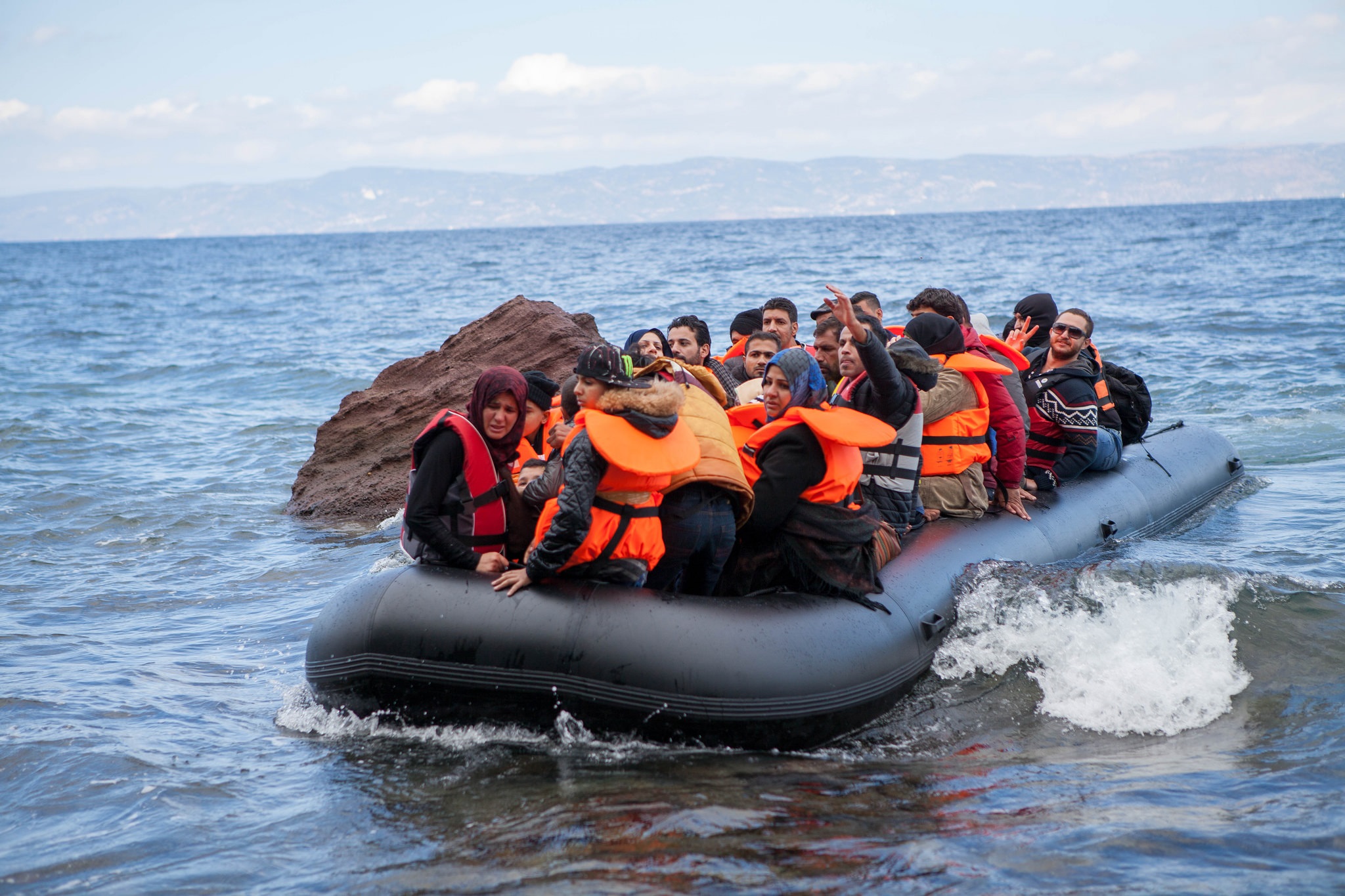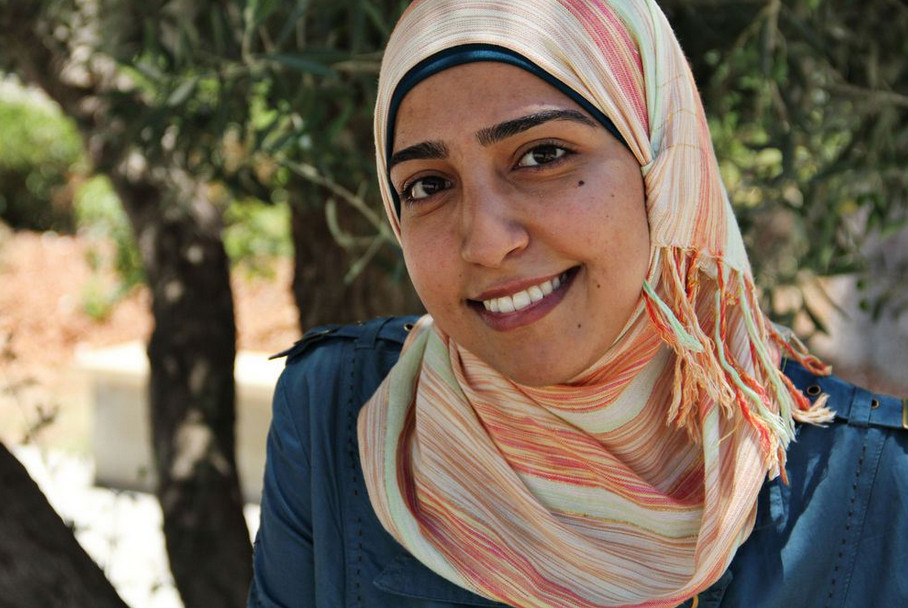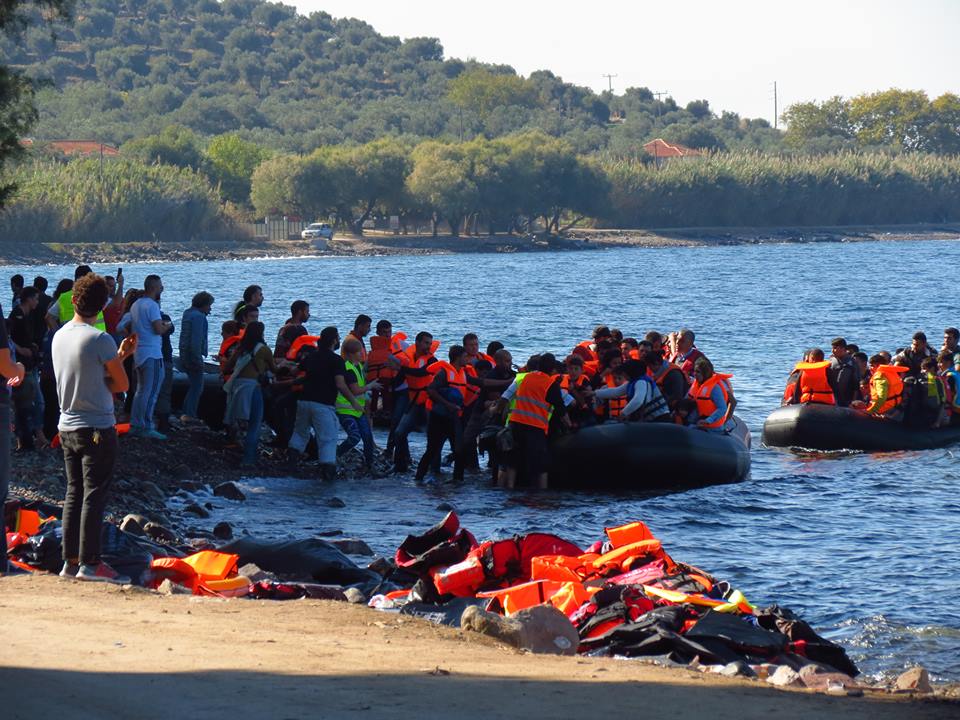 MENA (MNN) — The fight against ISIS isn’t over yet. Syria is still a dangerous place. Kurds in northern Syria continue to flee the country. Operation Mobilization’s Ambassador for OM Ministries to Muslims—Julyan Lidstone—says people from Iran, Afghanistan, and even Pakistan are also fleeing to Europe through Turkey and Greece.
MENA (MNN) — The fight against ISIS isn’t over yet. Syria is still a dangerous place. Kurds in northern Syria continue to flee the country. Operation Mobilization’s Ambassador for OM Ministries to Muslims—Julyan Lidstone—says people from Iran, Afghanistan, and even Pakistan are also fleeing to Europe through Turkey and Greece.
Refugees Flee to Europe
“So, the volume of people trying to get out of the Middle East into Europe continues to grow. Of course, Europe has made it more difficult for them,” Lidstone says. “With great barriers, and walls, and stricter border controls…it’s tougher for them to get here.”
These refugees are fleeing their home countries for a number of reasons. For the Syrians, it’s the dangers of war. For others, it could be persecution for being a religious and ethnic minority or oppression. Chaos in society, as well as economic issues, can also drive people to leave the places they call home.
Lidstone says when people flee their homelands, the journey is dangerous.
“Many have drowned crossing seas, others have been robbed, women have been raped. Refugees have explained that it also costs a lot to pay off the smugglers, so some people have sold their possessions, or gone into debt,” Lidstone says.
Meeting Borders
Once refugees do get to Europe, they must apply for asylum. This process is taking longer and longer, Lidstone says. Plus, more people are having their asylum requests rejected. When this happens, refugees are either sent back to the country they came from, or they become destitute, living on the street. Streetlife makes these refugees vulnerable. They often are left looking for work on the black market. There are the psychological effects of this experience, too.
However, having an asylum request accepted isn’t the end of the road. Now, a refugee must learn a new language and then find adequate work while learning the language. This sometimes means people who had good, respectable jobs at home are now left working lower-wage jobs to survive.
Challenges of the Refugee Crisis
Still, there are political and economic challenges which come with welcoming an influx of refugees. These challenges should not be neglected. However, those challenges should not be a reason for the Church to deny help.
“On the other hand, there’s a big fear of foreigners, exaggerated fears of foreigners, that really has its roots in the kind of…racism that [says] people different from us are dangerous to us. That gives the Church an opportunity to be a prophetic voice while the rest of society is saying ‘No, we don’t want these people. We reject these people. They’re a problem for us’,” Lidstone says.
“The church needs to follow the example of Jesus and embrace the foreigner and welcome the stranger, the outsider, and give them a way in.”
What many fail to realize, Lidstone says, is the first generation Muslim immigrants are rarely a problem. However, when it comes to radicalization, the second-generation immigrants are where things get complicated.
It’s easier for second-generation Muslim immigrants to be radicalized in the West because they can feel rejected and marginalized. This feeds into radicalization, alienation, and anger. But, this could change if the Church is willing to reach out, welcome, and offer help to refugees from the moment these people enter a new country.
By doing this, Christians are building relationships with people who are fleeing violence, danger, and who have more than likely lost everything—their livelihood, their family land, their homes, and even family members. They’re reaching out to people who are disoriented and probably do not know the language of the country where they’re seeking refuge. And in the midst of reaching out to these people, Christians are being tangible examples of Christ and His love.
Being the Church
“The Church is God’s agent to bring His kingdom and we need for the Church to be able to respond quickly to the need of refugees, to not be suckered into the attitudes of the surrounding societies, but to be salt and light,” Lidstone says.
But when and if immigrants turn to put their faith in Christ, Christians should continue helping and building relationships. Because what ends up happening is immigrants, rather than being offered a place in a new family, are often offered church services and meetings, not community.
“One guy said, ‘I lost my family and instead I was offered meetings.’ A church has to learn how to be family, how to welcome people into homes, how to offer deep relationships, committed relationships,” Lidstone shares.
Lidstone says he recently heard a story of a woman in England who had to rush one of her children to the hospital in the middle of the night. She called some people from her church to see if anyone could stay with her children while she was at the hospital—but they all refused.
The woman expected this church to be a tangible extension of Christ’s love and care. She expected the church to act like the Church, to act like family. Instead, she was given the cold shoulder.
“A worker in Liverpool, in England, who does a lot with refugees [said] that the Church needs to learn from the refugee situation how to welcome strangers so that the church can do a better job of welcoming Brits and other folks from non-Christian backgrounds,” Lidstone recounts.
OM’s Work With Refugees
But OM is stepping in and filling the gaps. After all, God tells His people to look after the refugee and the foreigner.
OM’s Facilitator for OM Muslim Diaspora Ministries Tillmann Klein says the organization is doing this by actively sharing the Gospel and discipling new believers.
OM has a relief program in northern Syria, working with the churches there. But, the organization also has workers across Europe, including at the borders of Greece. OM workers are helping integrate new believers into churches or starting new churches specifically for these refugees. The result is seeing people from Germany, Austria, Finland, Sweden, United Kingdom, Switzerland, Greece, France, Netherlands, and Belgium come to faith in Christ.
“Our teams work hard on helping them to develop in their faith, form communities of Jesus followers and share their new faith and the transformation that comes with it with others,” Klein shares.
OM is even offering language and culture classes, assistance pertaining to legal matters, trauma counseling, and more to refugees.
Be Prayerful
But, where do we start with welcoming people? By becoming a proactive prayer partner. Start by praying for the Church to not conform to society, but to remain the salt of the earth. Pray for the Church to be genuine and live up to a warm welcome, deep relationships, and to really be family to outsiders.
And please, pray for the Gospel to flourish among people who have not had the opportunity to know Christ, but because of recent events, are now able to hear the Gospel. Ask for people who will rise up and disciple these people as well.
Pray for peace, justice, and healing in nations of unrest like Syria, Iran, Afghanistan, Yemen, Turkey, and many more. And pray for the countries hosting refugees to find a balance in protecting themselves while offering a helping hand. Finally, ask God how you can get involved with the refugee crisis.
Be Active
From there, get in touch with OM. Discover ways to get involved with ministry in Germany, Austria, United Kingdom, Greece, and other countries who are hosting refugees.
“Basically all ministries also need more people to get involved on the ground. Some teams offer short-term mission activities but in almost all situations teams are looking for new workers who are ready to join the work for longer. We need people to come in, spend [the] time to build trust and develop relationships with refugees. Come and bring in expertise to assist in helping refugees and share life with them, share the hope and love of Jesus, and help them grow in faith,” Klein says.
Lastly, consider giving to Operation Mobilization’s refugee work. It takes resources to provide tangible assistance. Will you be a part of the financial support OM needs for it to minister?
To give to OM’s work, click here.



